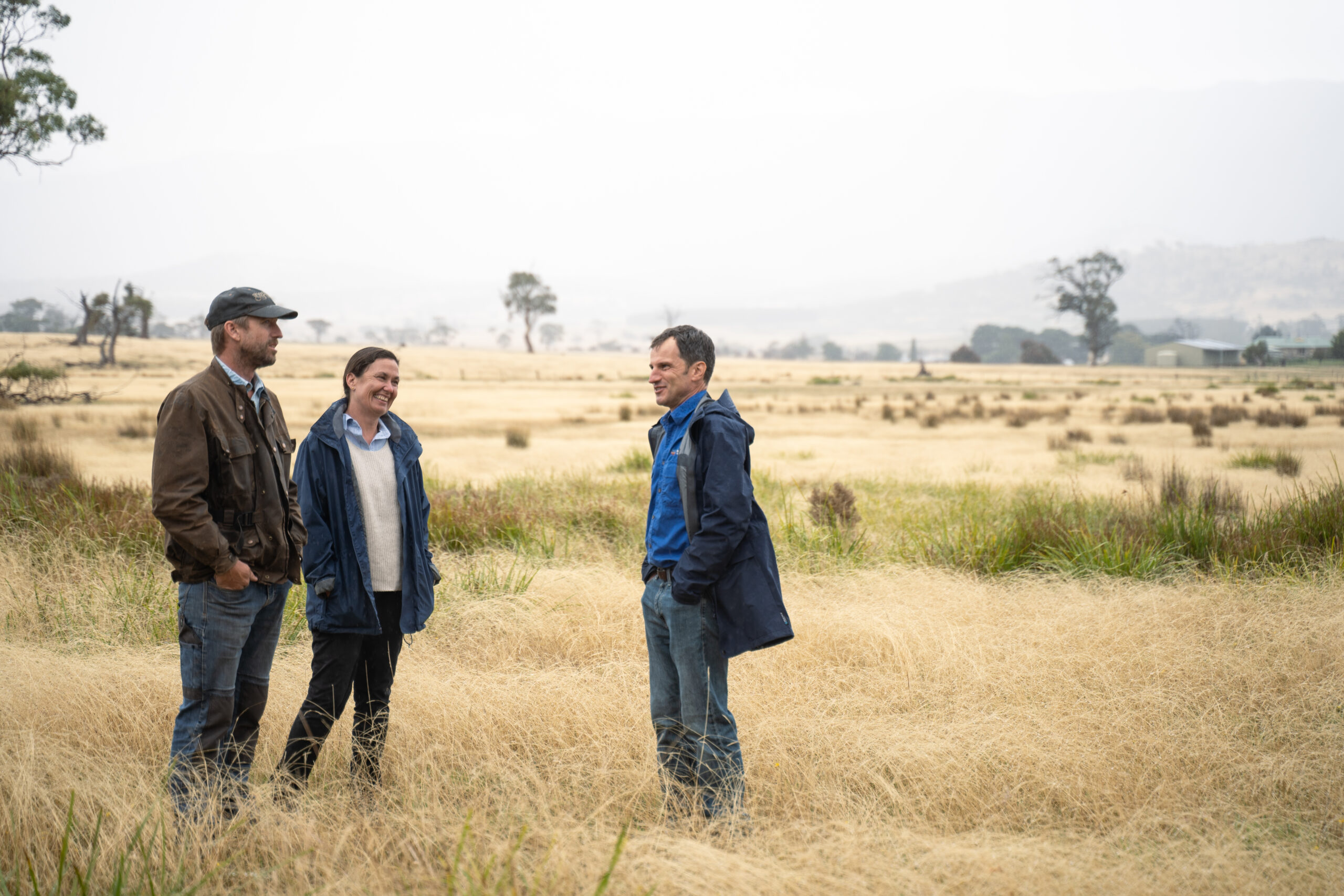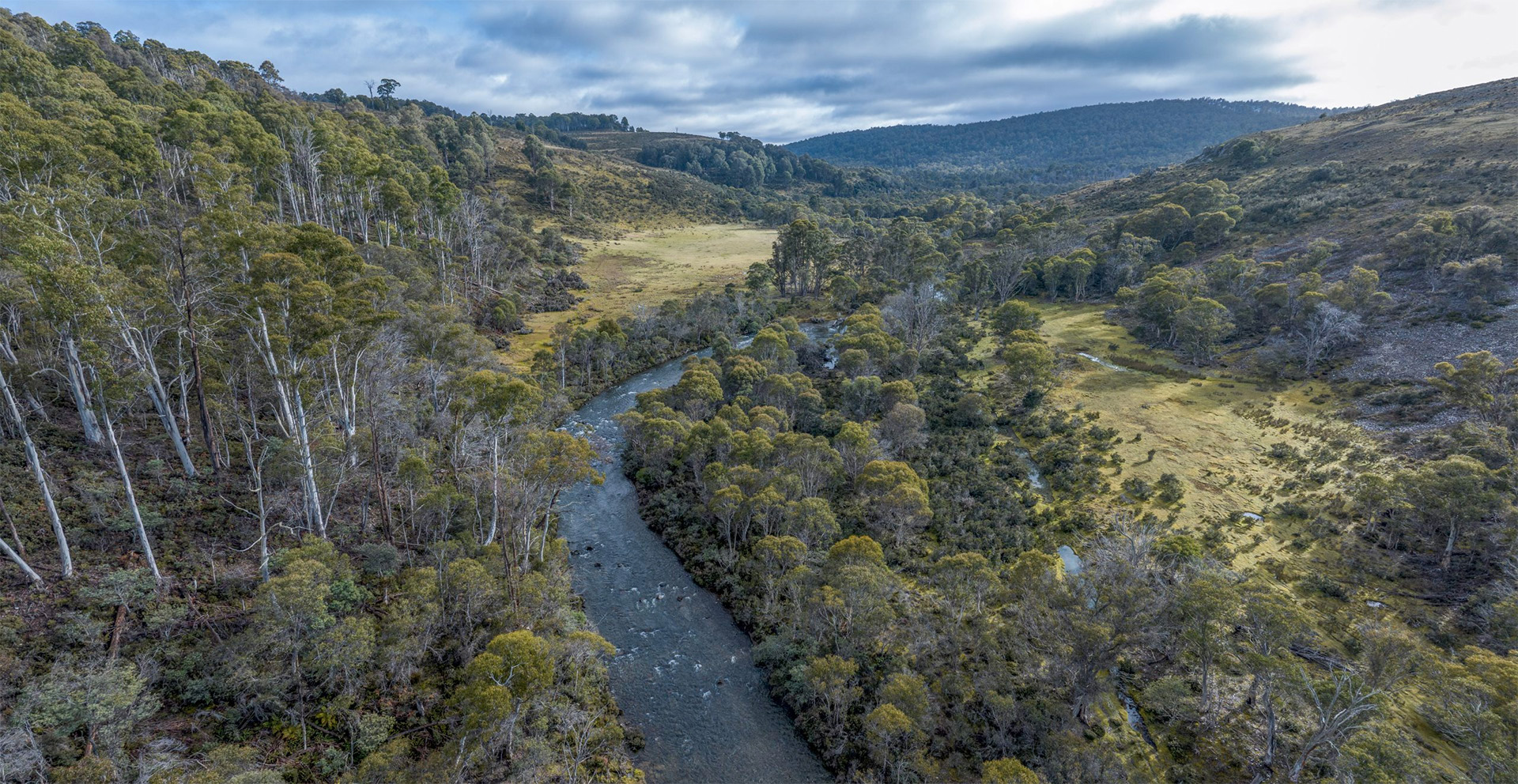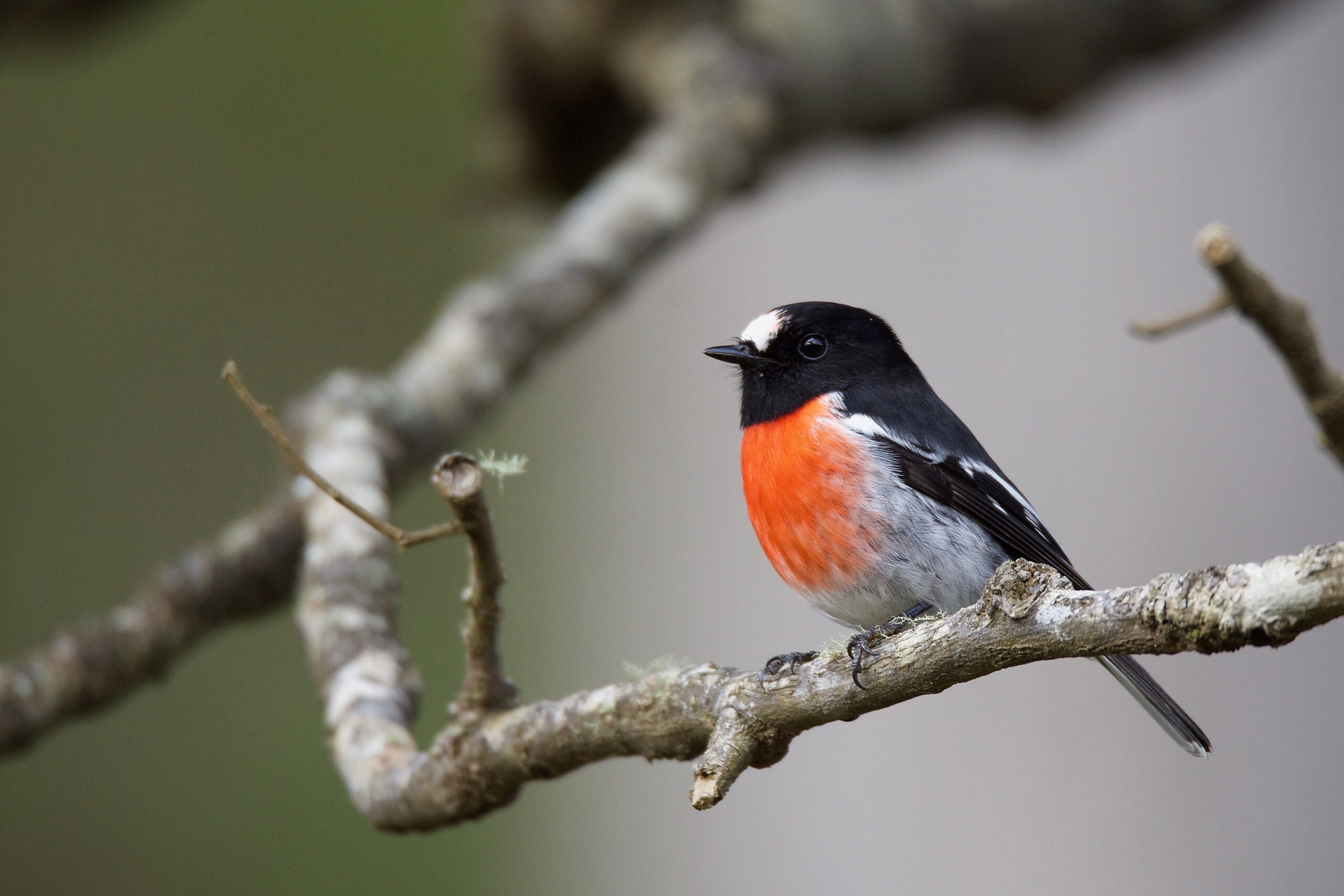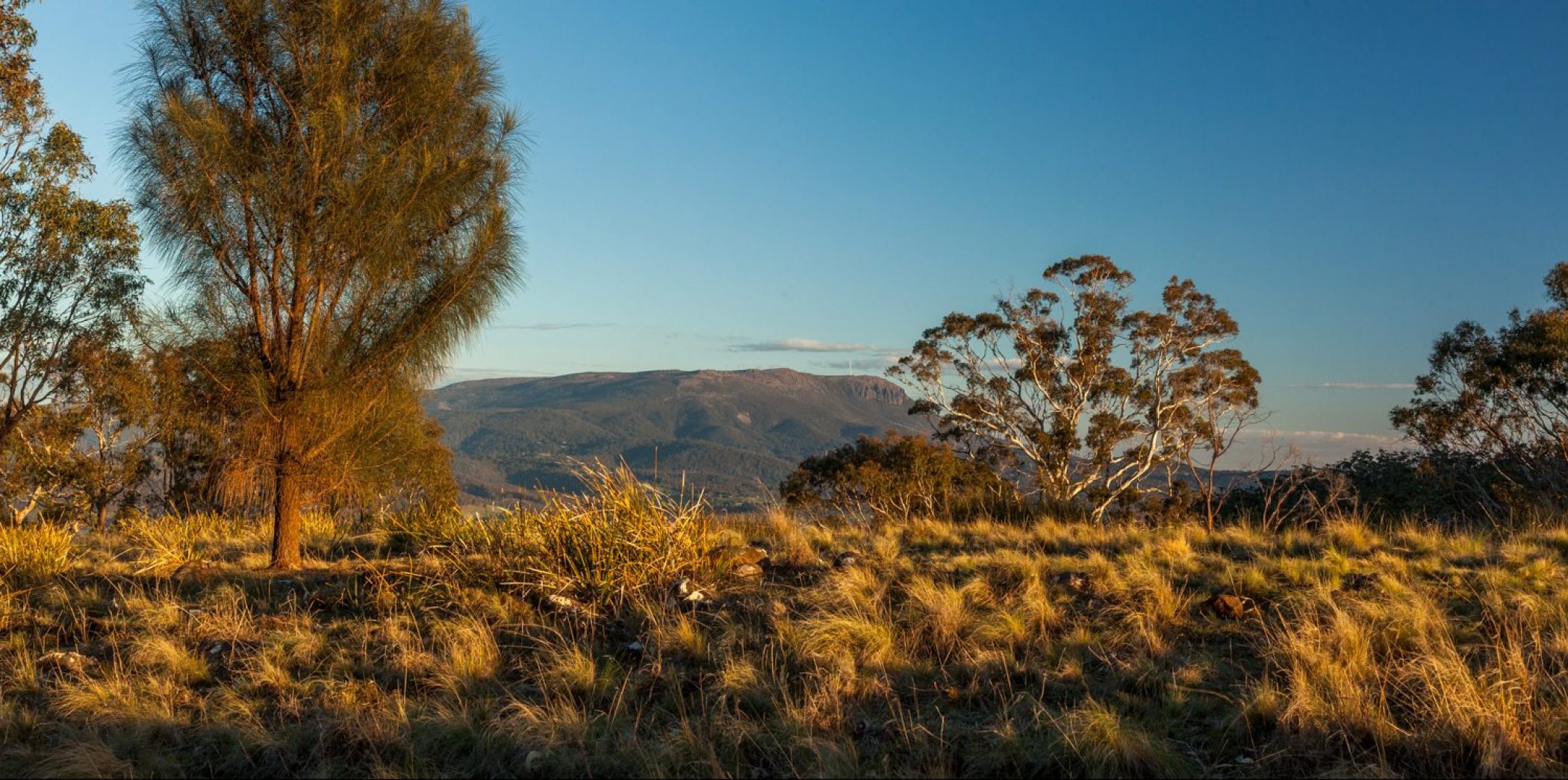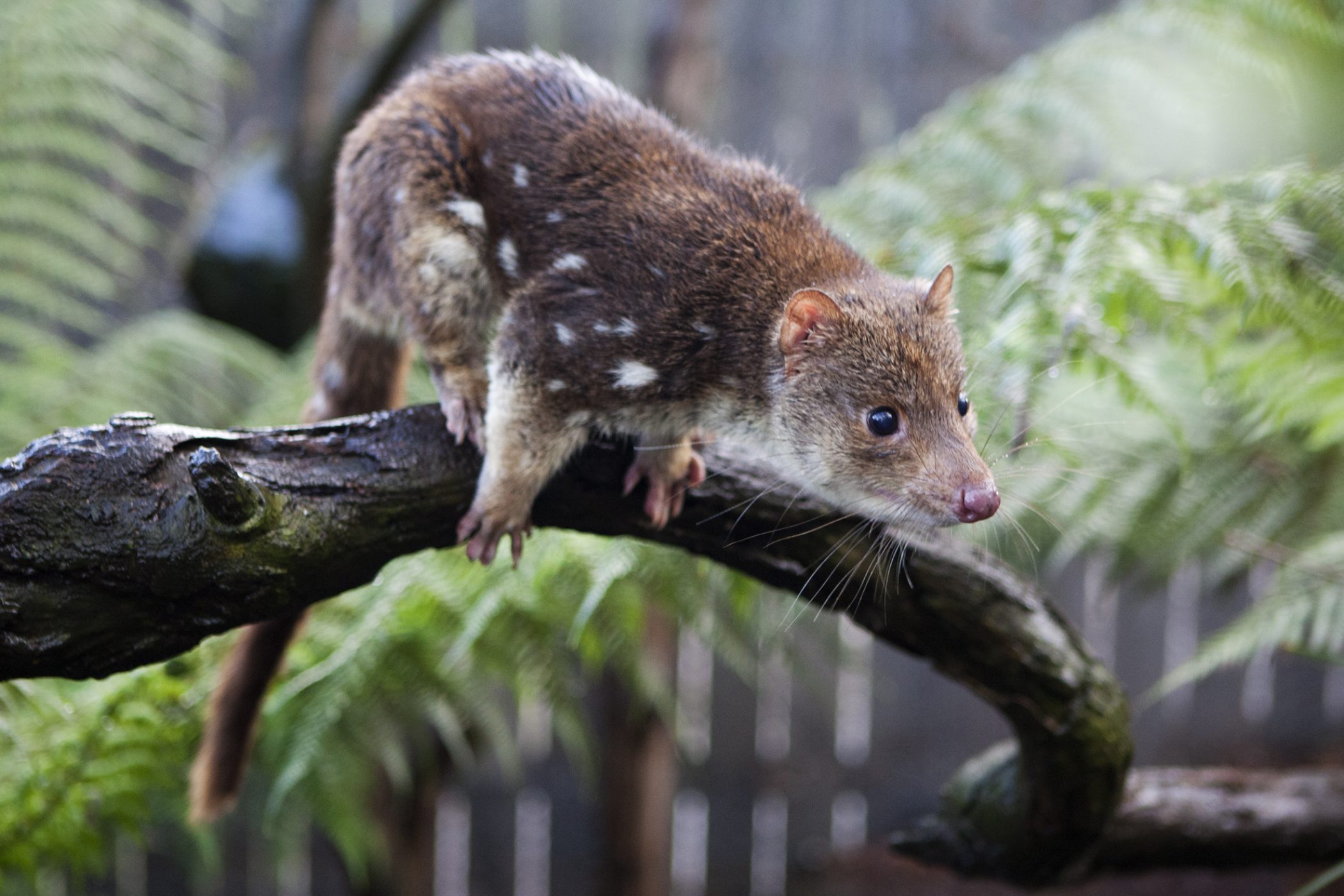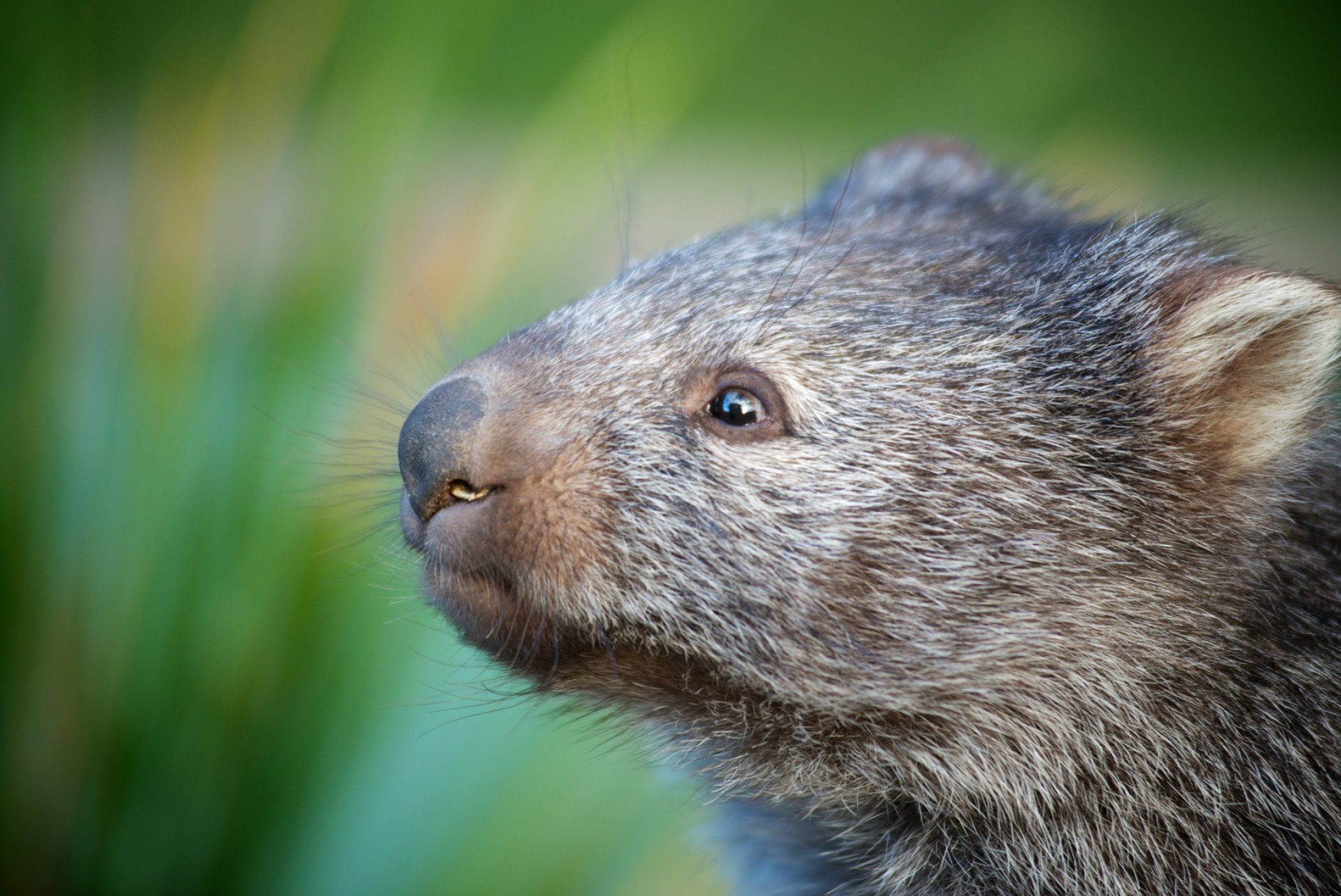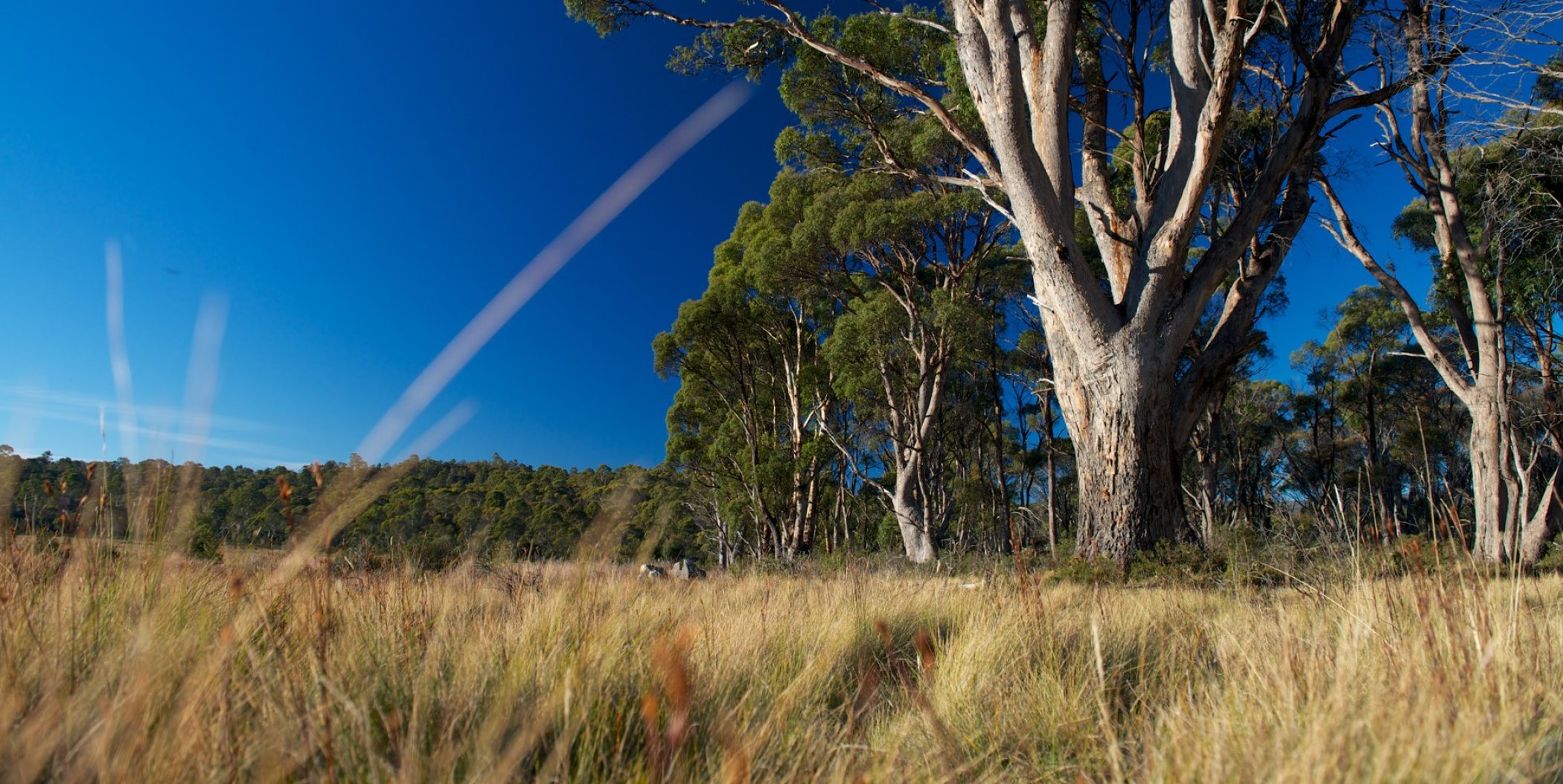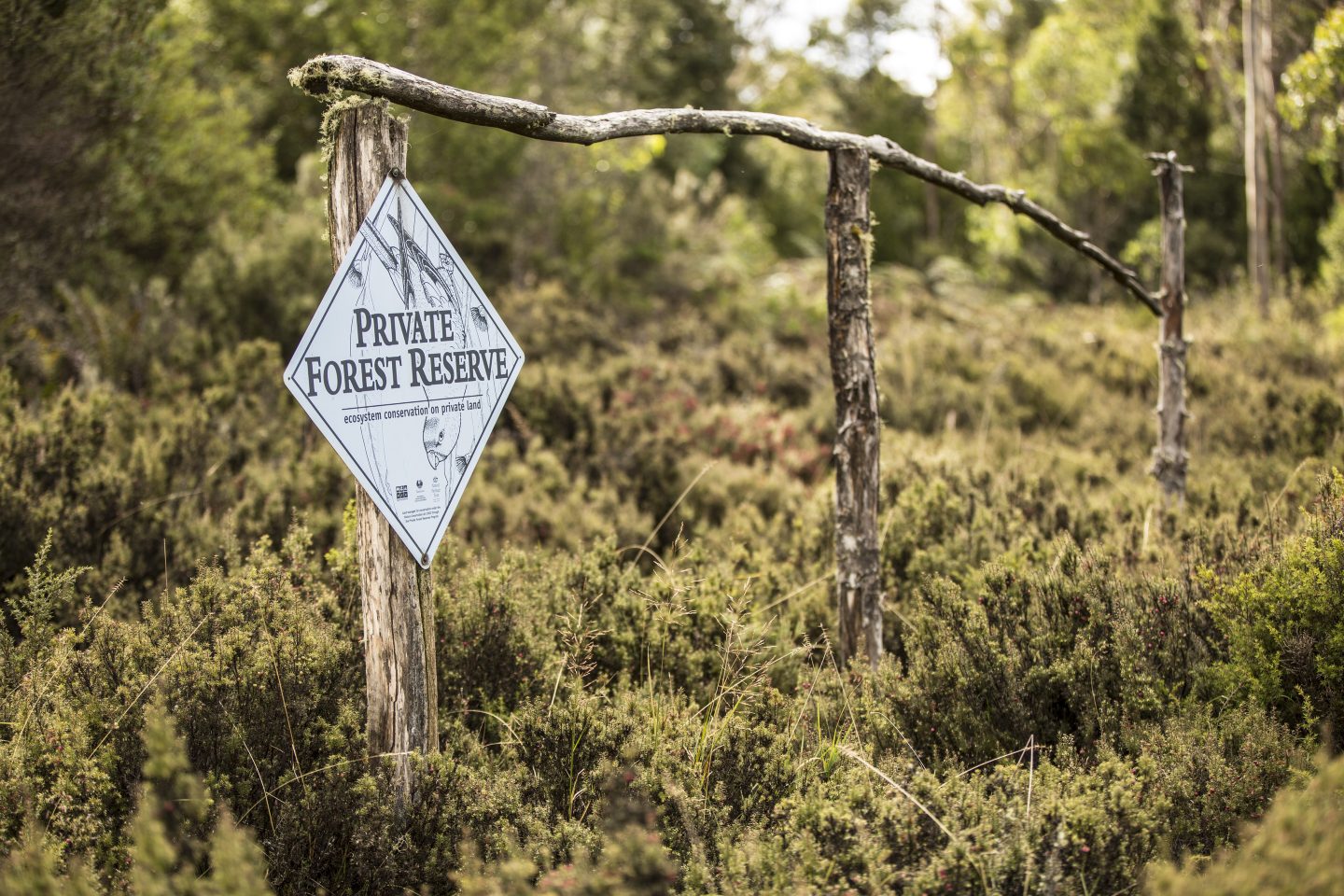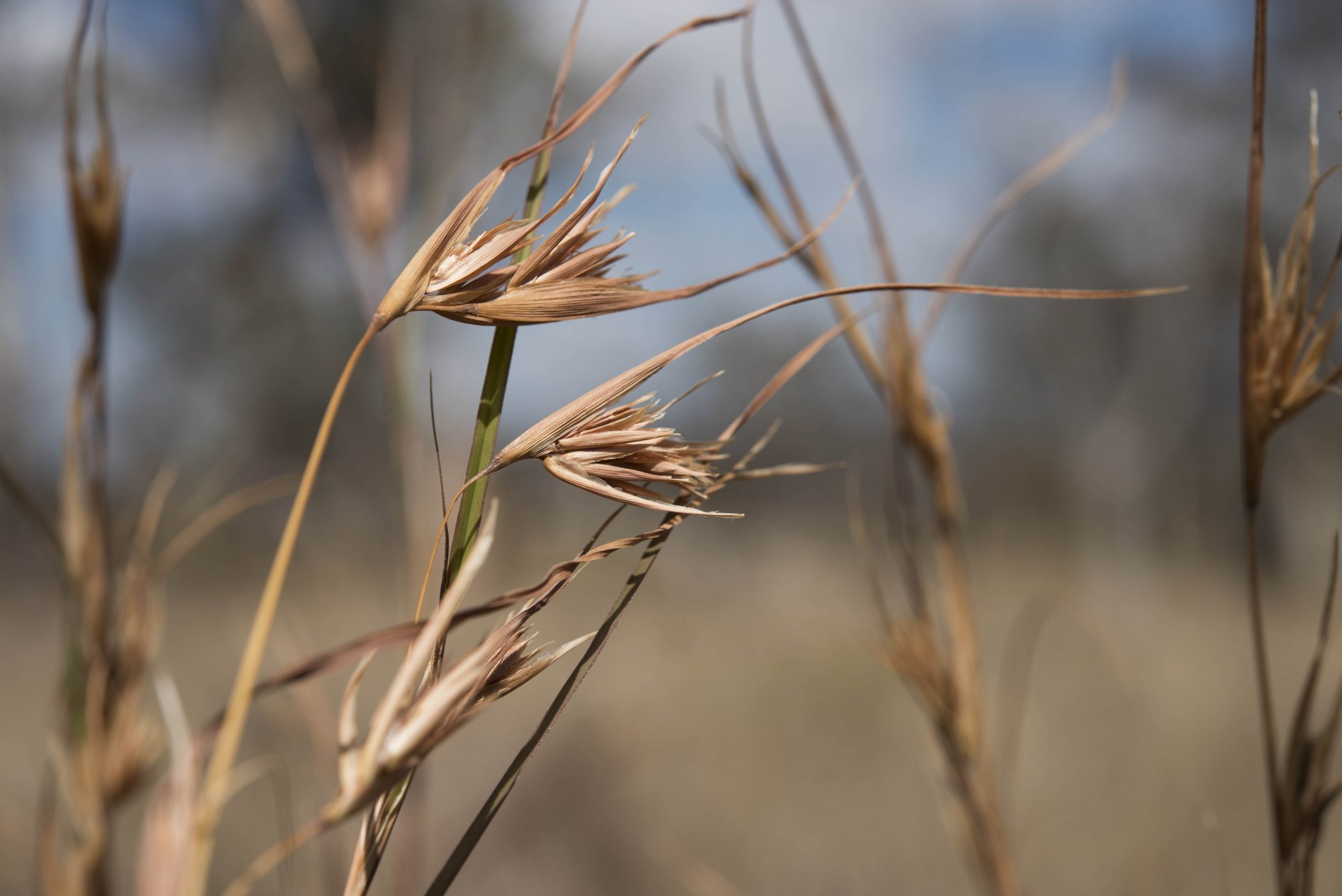Working With Landholders
We work alongside committed landholders across Tasmania to identify, protect and manage important areas on their own properties through the establishment of conservation agreements.
Gardens for Wildlife (GFW) encourages and recognises wildlife-friendly gardens and environmentally friendly practices in urban areas across Tasmania. Any garden under two hectares is eligible. Whether you have a courtyard, a roof top garden, deck, or larger space – you can contribute to the survival of wildlife and increase awareness of protecting our natural diversity through the GFW program.
Australia’s current estate of protected areas (National Parks and State Reserves) is no longer sufficient to protect and maintain healthy wildlife populations. Recent research also shows that while big patches of intact habitat continue to be vitally important for wildlife, small patches of suburban bush are often equally critical for the survival of rare and endangered species. Every bit counts!
🐾 Struggling to identify an animal recorded during your WildTracker survey? Don't worry, it happens to the best of us. This guide may just have the information you need to classify your quadruped.
Land for Wildlife is free and voluntary, and a great way to learn about the wildlife on your property. We will work with you to make a plan to protect species and habitat where you live. Not all threatened wildlife lives in national parks: by joining Land for Wildlife, you can make a big difference to the future of Tasmania's very special species.
trawtha makuminya is 6,878 ha of near-pristine land owned by the Tasmanian Aboriginal Centre. It connects the Tasmanian Land Conservancy reserves at Skullbone Plains and Five Rivers and the Tasmanian Wilderness World Heritage, and is managed for conservation. trawtha makuminya plays a vital role in reconnecting the Aboriginal community with Country.
Conserving private land is one of the most effective ways to protect natural landscapes, native plants and animals for future generations. In Tasmania, privately protected land covers a smaller area, but contains a higher percentage of threatened communities than public reserves.
The Tasmanian Midlands are home to one of the most threatened ecosystems in the world - temperate grasslands and grassy woodlands. The Midlands Conservation Partnership (MCP) brings farmers and conservationists together to help protect these species on working farms.

